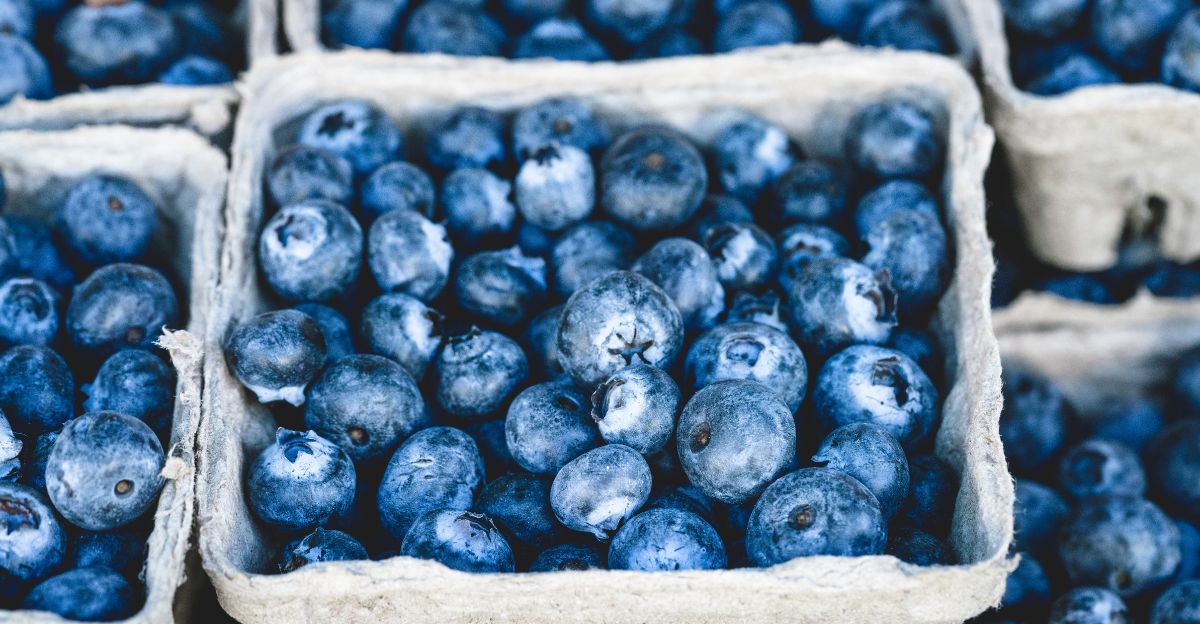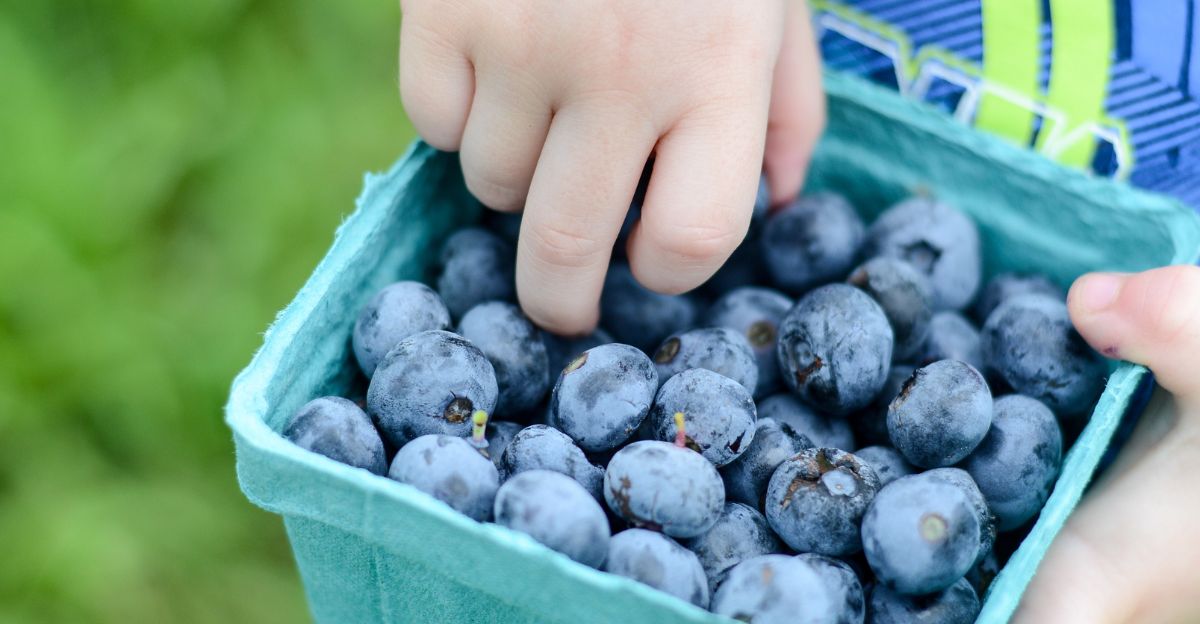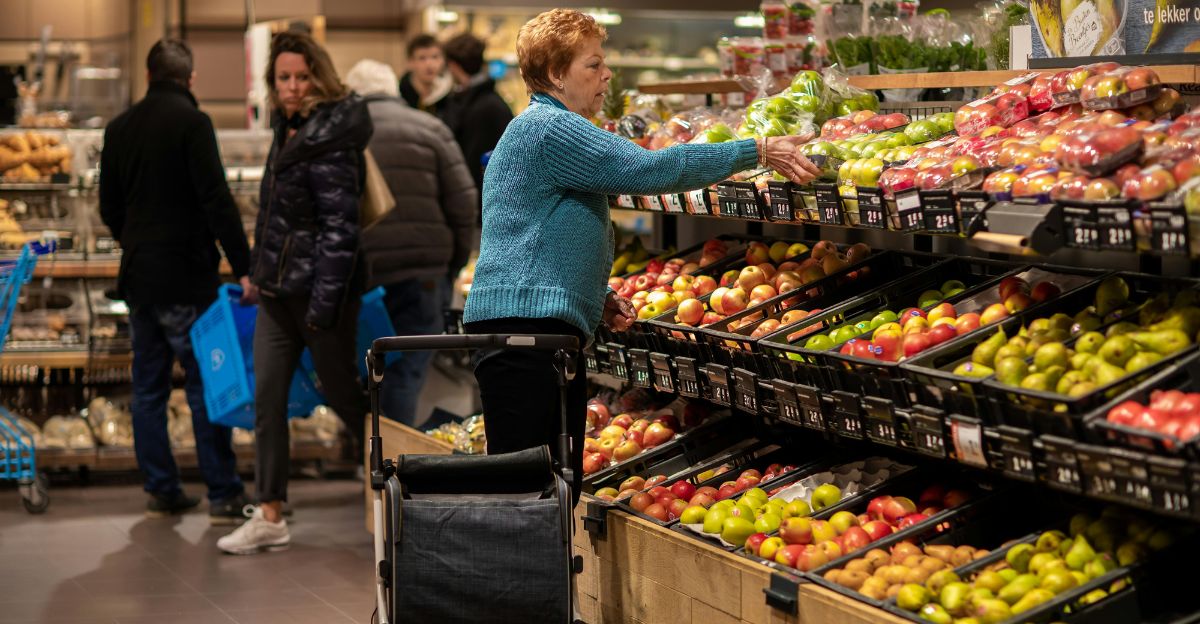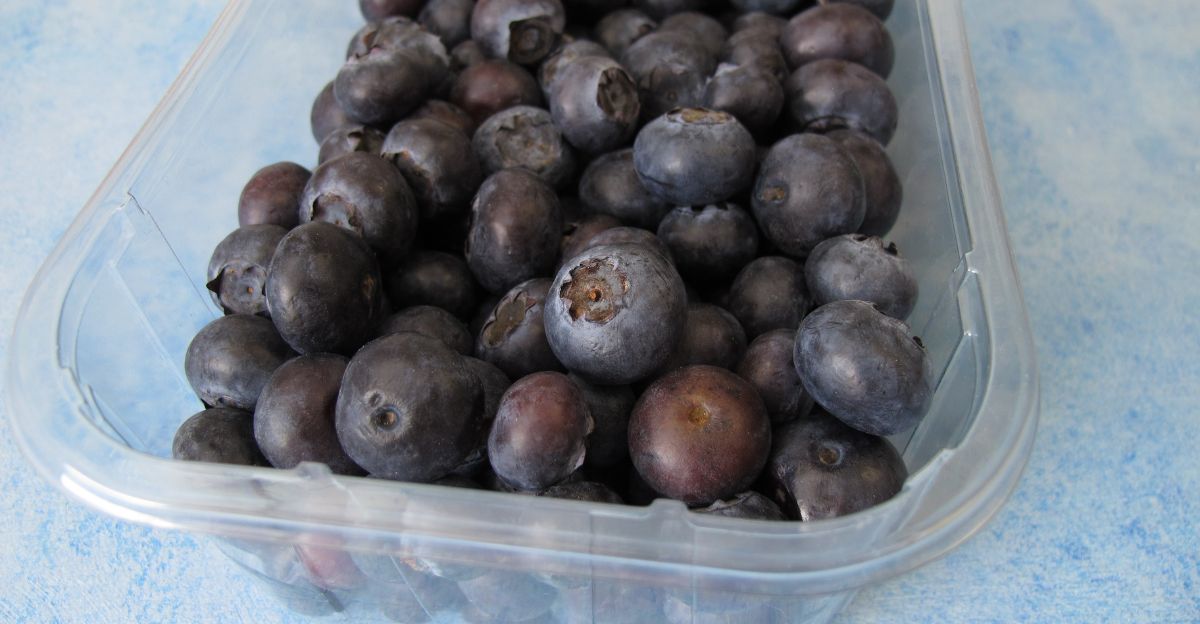
According to USA Today, the FDA has announced a Class I recall, its highest level, for 12,000 pounds of organic blueberries sent to North Carolina after routine testing at a Georgia facility detected Listeria monocytogenes. This recall is more than just removing blueberries from store shelves; it’s a reminder of the importance of food safety.
The impact of this contamination incident could spread far beyond consumers, affecting grocery stores, restaurants, farmers, and even policy discussions. It shows how one tainted batch can disrupt the food supply chain and public trust.
Why It’s Happening

But why is this happening? The recall is due to a positive listeria test at Alma Pak International’s facility in Georgia. Listeria is a harmful bacterium that can lead to serious illness, especially for pregnant women, elderly people, and people with weakened immune systems.
The FDA’s Class I status means that there is a significant risk of severe health consequences, prompting immediate measures to protect consumers and prevent a possible outbreak.
Consumer Safety and Grocery Stores

According to The Hill, FDA’s Class I classification is a “situation in which there is a reasonable probability that the use of or exposure to a violative product will cause serious adverse health consequences or death.” Consumers in North Carolina are urged to check their blueberries for lot numbers 13325 G1060 and 13325 G1096.
Grocery stores are now rushing to remove any of the recalled products from their shelves, leading to temporary shortages of this popular fruit and raising questions about the safety of other grocery store items. This disruption could impact consumer confidence and change shopping habits, making people more wary about purchasing fresh produce.
Food Service Industry Impact

According to the Centers for Disease Control and Prevention (CDC), listeria is capable of contaminating “many foods.” Restaurants and cafes in North Carolina must now check their berry supplies and might have to temporarily adjust their menus. Many restaurants are temporarily dropping blueberry dishes or substituting other fruits.
However, these changes not only limit customer options but also increase costs for food service providers, who must ensure that their products remain safe and compliant with health regulations.
Alternative Fruit and Produce Demand

As organic blueberries are being pulled from shelves, shoppers are now relying on alternatives like strawberries, raspberries, and blackberries, driving up demand for these berries. Suppliers and grocery stores are now scrambling to adjust their orders to keep up with this sudden change.
Because of this, prices for other berries might rise, and consumers might find new favorites while the blueberry shortage continues.
Regional Supply Chain and Trade Effects

This recall has also shown some weaknesses in the regional supply chain for organic produce. As a result, distributors and retailers are now reviewing their sourcing practices and tightening quality control measures.
This disruption could lead to stricter inspections and documentation, which could slow down the distribution of fresh produce and increase operational costs for suppliers across the Southeast.
Farmer and Producer Concerns

Blueberry growers and packers, especially Alma Pak International, are dealing with serious financial and reputational damage. They will possibly have to invest in stricter safety measures and testing, driving up costs and squeezing profit margins.
However, other producers are also under scrutiny, as buyers want better standards to avoid future recalls and to protect their brands.
Regulatory and Policy Responses

The FDA’s quick response could lead to new rules and regulations for organic produce processing. Lawmakers could call for more frequent inspections, stricter sanitation standards, and better traceability systems.
These policy changes aim to rebuild public trust and reduce the risk of future outbreaks, but they could lead to more compliance challenges for food producers and distributors.
Consumer Advice

But what should you do right now? Consumers are advised to check their blueberries for the affected lot number. If you happen to have these berries in your home, avoid eating them. You should return or discard the product immediately.
People who are at higher risk, like pregnant women, seniors, and immunocompromised individuals, should be extra alert for listeria symptoms and contact their healthcare provider if they are concerned.
A Single Recall

This incident shows how a single recall can affect grocery aisles, restaurant menus, farms, and government offices.
It highlights the interconnectedness of our food systems and the importance of vigilance when it comes to food safety.
